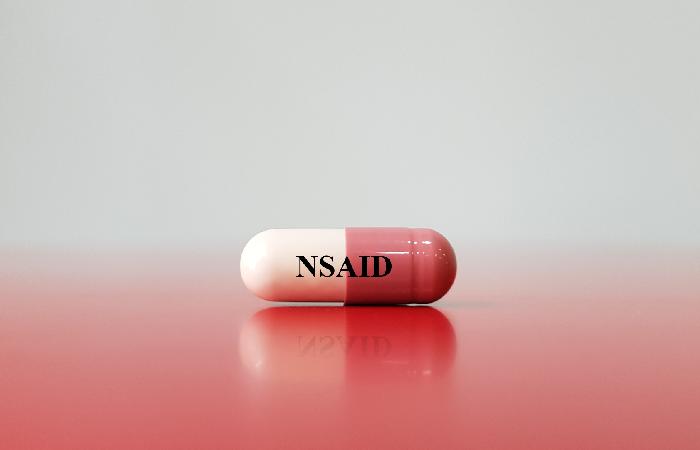NSAIDs continue to be a source of avoidable harm
In Clinical news
Follow this topic
Bookmark
Record learning outcomes
Problematic NSAID prescribing costs NHS England an estimated £31m over 10 years with a loss of around 6,300 quality adjusted life years (QALY), according to a new study in the BMJ.
NSAID prescribing in high risk groups continues to be prevalent, researchers say, with 107,000 people older than 65 years being prescribed NSAIDs without gastroprotection each year. NSAIDs cause most harm when prescribed for people also taking oral anticoagulants, they add.
Other high-risk patient groups included in the study were those with heart failure, chronic kidney disease or a history of peptic ulcer.
Economic models estimating patient harm associated with NSAID-specific hazardous prescribing events, and cost to the NHS in England over a 10-year period, were combined with trends of hazardous prescribing events to estimate national levels of patient harm and NHS costs.
“NSAIDs continue to be a source of avoidable harm and healthcare cost in high risk populations,” say the researchers.
Commenting on the study, James Davies, Royal Pharmaceutical Society director for England, said: “Improving the safety of NSAID prescribing requires a multi-pronged approach that educates and supports prescribers on the risk, as well as uses the skills of pharmacists in primary care to help identify higher risk patients and prescribing scenarios.
“The RPS is continuing to call for pharmacists in primary care to be supported to deliver structured medication reviews, to identify polypharmacy and opportunities for deprescribing in priority patient groups. Pharmacists can work collaboratively with patients, and include the wider multidisciplinary team where needed, to discuss alternative medication or consider non-pharmacological options if appropriate.”

